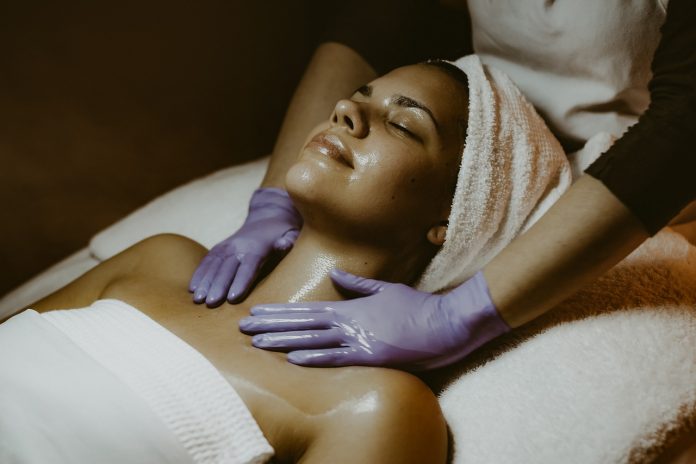Your skin is your body’s largest organ. When its healthy, it’s layers work hard to protect you. However, when its compromised,the skins ability to work as an effective barrier is impaired. Your skin is essentially the window to your body that reveals the story of your life. How to maintain a healthy skin.
From teenage acne breakouts to the radiant glow of pregnancy and the sunspots of aging, your age and your health are reflected in your skin. Skin has many functions, it regulates body temperature, maintains fluid balance and controls moisture loss. It also acts as a barrier, being the first line of defense between our bodies and the outside world- protecting us from bacteria, viruses, pollution and the chemical substances that we encounter day to day at home and in the workplace.
Many factors impact your skin, both internal and external- genetics, aging, hormones, health conditions, unprotected sun exposure, smoking, washing too frequently o or with water that is too hot, stress and particular medications can all impact the skins ability to operate as an effective protective barrier.
Maintain a Healthy skin of having Good skin care and healthy lifestyle choices can help delay natural aging and prevent various skin problems. Let’s look at a few no-nonsense tips…
Protect yourself from the sun
One of the most important ways to take care of your skin is to protect it from the sun. Continuous sun exposure can lead to wrinkles, age spots and other skin problems- as well as increase the risk of skin cancer. When in the sun, use a broad- spectrum sunscreen with a high SPF. Avoid the sun between 10 am and 4pm when the suns rays are the strongest. Wear protective clothing such as long- sleeved shirts and wide brimmed hats or sun-protective clothing- which is specifically designed to block ultraviolet rays.
Don’t Smoke
Smoking makes your skin look older and is a major contributor to wrinkles. Smoking narrows the tiny blood vessels in the outermost layers of the skin which in turn decreases blood flow and makes the skin paler. The skin is also depleted of oxygen and nutrients that are vital to skin health. Smoking damages collagen and elastin- the fibers that give your skin elasticity and strength. In addition, smoking increases your risk of squamous cell skin cancer. If you are smoking, the best step you can take is to quit. You can ask your doctor for tips or treatments to help you stop smoking.
Eat a Healthy Diet
A healthy diet can improve your skin health from the inside out. Eat plenty of fresh fruit, fresh vegetables, whole grains and lean proteins. Some research suggests that a diet rich in fish oil or fish oil supplements and low in unhealthy fats and processed or refined carbohydrates may promote younger looking skin. Keeping well hydrated by drinking plenty of water helps overall skin health. There is a multi- billion rand industry dedicated to products that claim to keep your skin looking at its best and fight signs of aging, however these products only go skin deep, and aging develops at a deeper, cellular level.
Keep Stress in Check
Stress causes a chemical response in your body that makes skin more sensitive and reactive. Uncontrolled stress can trigger acne breakouts and other skin problems. To encourage healthy skin- and a healthy state of mind- take steps to manage your stress. Getting enough sleep is vital to skin health, seven to eight hours a night is ideal. Get regular exercise which is good for your skin as well as the rest of the body. Set reasonable limits, scale back on your to-do list and make time to do the things you enjoy. Practicing stress management techniques, such as breathing exercises, meditation or visual imagery can be helpful.
Treating Your Skin Gently
To keep your skin in good health, limit your bath time and use warm rather that hot water. Hot water and long showers or baths and excessive washing can strip away the oily layer of skin and dry it out. Try to minimize the use of harsh soaps, rather opt for a mild and fragrance- free cleanser. After washing or bathing, gently pat dry with a towel so that some moisture remains on the skin. If your skin is dry, use a moisturizer that fits your skin type. For daily use, consider a moisturizer that contains a SPF. Opt for a hypoallergenic laundry detergent. In winter, a humidifier assists with replenishing moisture in the top layer.
You should consult a Dermatologist if you have skin concerns that don’t go away with over-the-counter products when you maintain a healthy skin. More severe skin issues like acne, scarring or other problems may need prescription treatment such as oral anti biotics, birth control or topical prescription retanoids.















